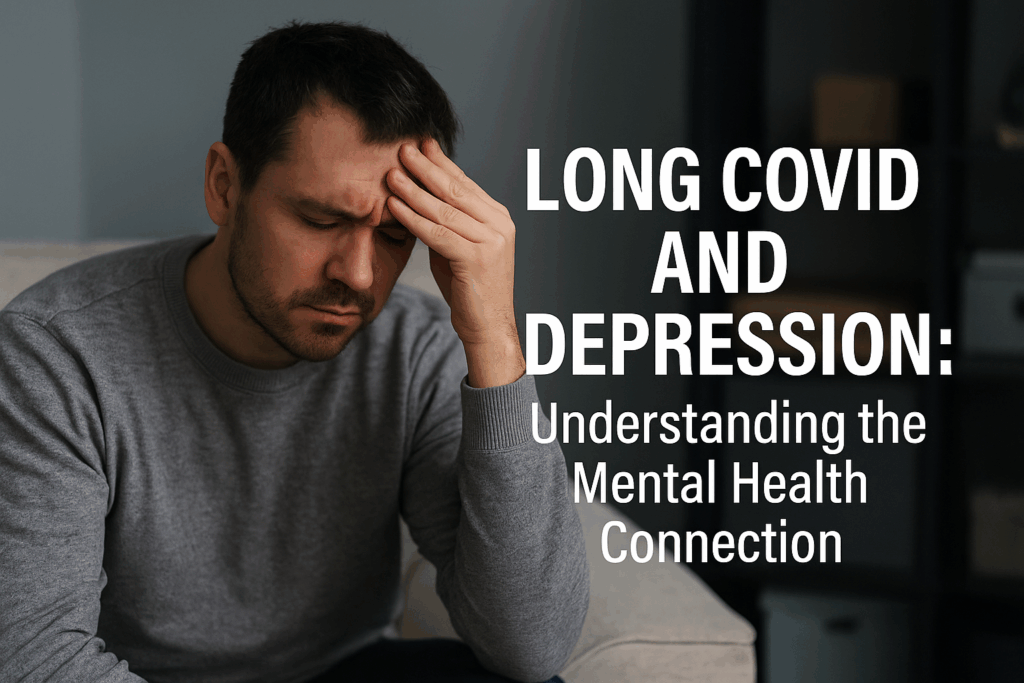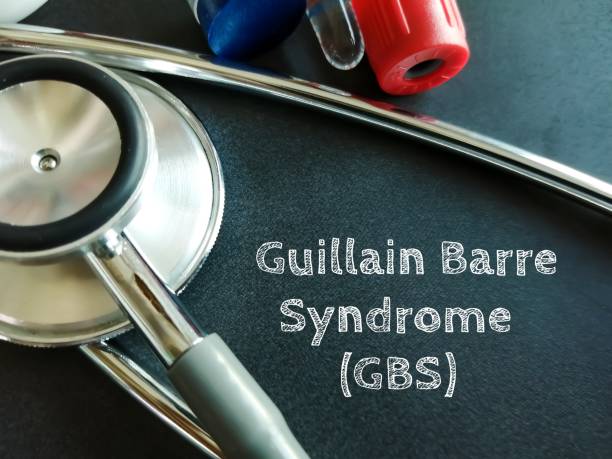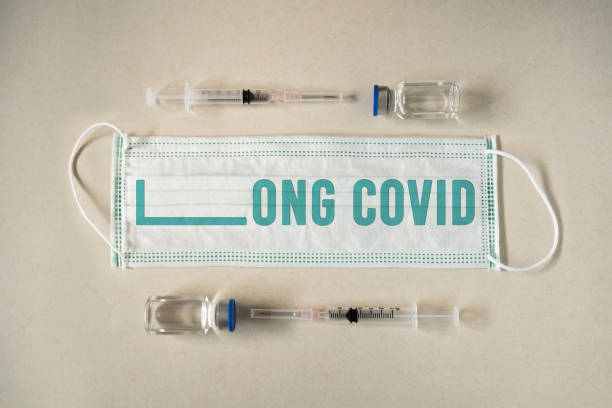Recovering from COVID-19 isn’t always a straightforward journey. For many, the virus leaves behind more than physical symptoms—it casts a lingering shadow on mental well-being. Individuals grappling with long COVID often find themselves facing unexpected emotional challenges, including persistent sadness, anxiety, and a sense of isolation. These experiences aren’t merely side effects; they’re integral parts of the post-COVID condition that deserve attention and care. Understanding the connection between long COVID and depression is crucial for providing comprehensive support to those affected.
Unpacking the Connection: Why Depression Follows COVID-19
The link between long COVID and depression isn’t coincidental. Research indicates that the virus can impact brain function, leading to cognitive impairments and mood disorders. Additionally, the stress of prolonged illness, social isolation, and uncertainty about recovery can exacerbate feelings of depression. A study published in The Lancet Psychiatry found that individuals recovering from COVID-19 had a higher risk of developing mood and anxiety disorders, highlighting the need for mental health support in post-COVID care.
Recognizing the Signs: Symptoms to Watch For
Identifying depression in the context of long COVID can be challenging, as symptoms often overlap. Common indicators include persistent sadness, loss of interest in activities, fatigue, and difficulty concentrating. It’s essential to distinguish these signs from the physical fatigue associated with long COVID. Healthcare providers recommend comprehensive assessments to ensure accurate diagnosis and appropriate treatment. Early intervention can significantly improve outcomes for individuals experiencing depression post-COVID.
Navigating Recovery: Strategies for Mental Health Support
Addressing depression in long COVID patients requires a multifaceted approach. Therapeutic interventions such as cognitive-behavioral therapy (CBT) have shown effectiveness in managing mood disorders. Medications may also be prescribed, depending on individual needs. Importantly, integrating mental health support into long COVID treatment plans ensures a holistic recovery process. Support groups and community resources can provide additional assistance, fostering a sense of connection and understanding among those affected.
Moving Forward: Embracing Comprehensive Care
The journey through long COVID is complex, intertwining physical and mental health challenges. Recognizing and addressing depression as a component of this condition is vital for comprehensive care. Healthcare systems must prioritize mental health services alongside physical rehabilitation to support full recovery. By acknowledging the psychological impacts of long COVID, we can develop more effective treatment strategies and offer hope to those navigating this difficult path.
References
- Taquet, M., et al. (2021). 6-month neurological and psychiatric outcomes in 236 379 survivors of COVID-19: a retrospective cohort study using electronic health records. The Lancet Psychiatry, 8(5), 416-427. https://doi.org/10.1016/S2215-0366(21)00084-5
- National Institute for Health and Care Excellence (NICE). (2020). COVID-19 rapid guideline: managing the long-term effects of COVID-19. https://www.nice.org.uk/guidance/ng188Wikipedia
- Centers for Disease Control and Prevention (CDC). (2021). Post-COVID Conditions. https://www.cdc.gov/coronavirus/2019-ncov/long-term-effects/index.html
- World Health Organization (WHO). (2021). A clinical case definition of post COVID-19 condition by a Delphi consensus. https://www.who.int/publications/i/item/WHO-2019-nCoV-Post_COVID-19_condition-Clinical_case_definition-2021.1
- Mazza, M. G., et al. (2020). Anxiety and depression in COVID-19 survivors: Role of inflammatory and clinical predictors. Brain, Behavior, and Immunity, 89, 594-600. https://doi.org/10.1016/j.bbi.2020.07.037




